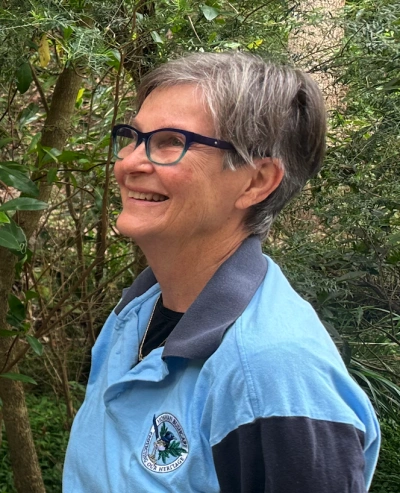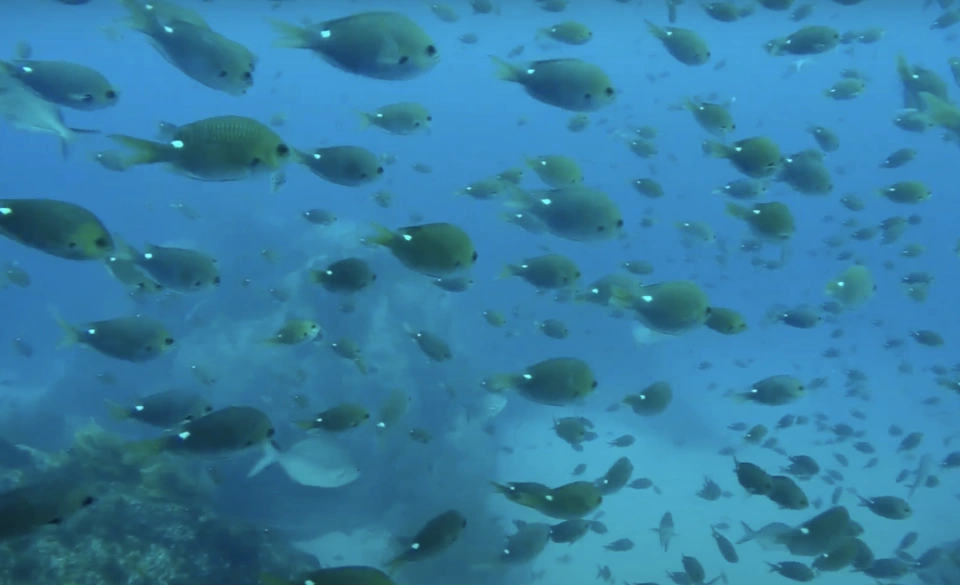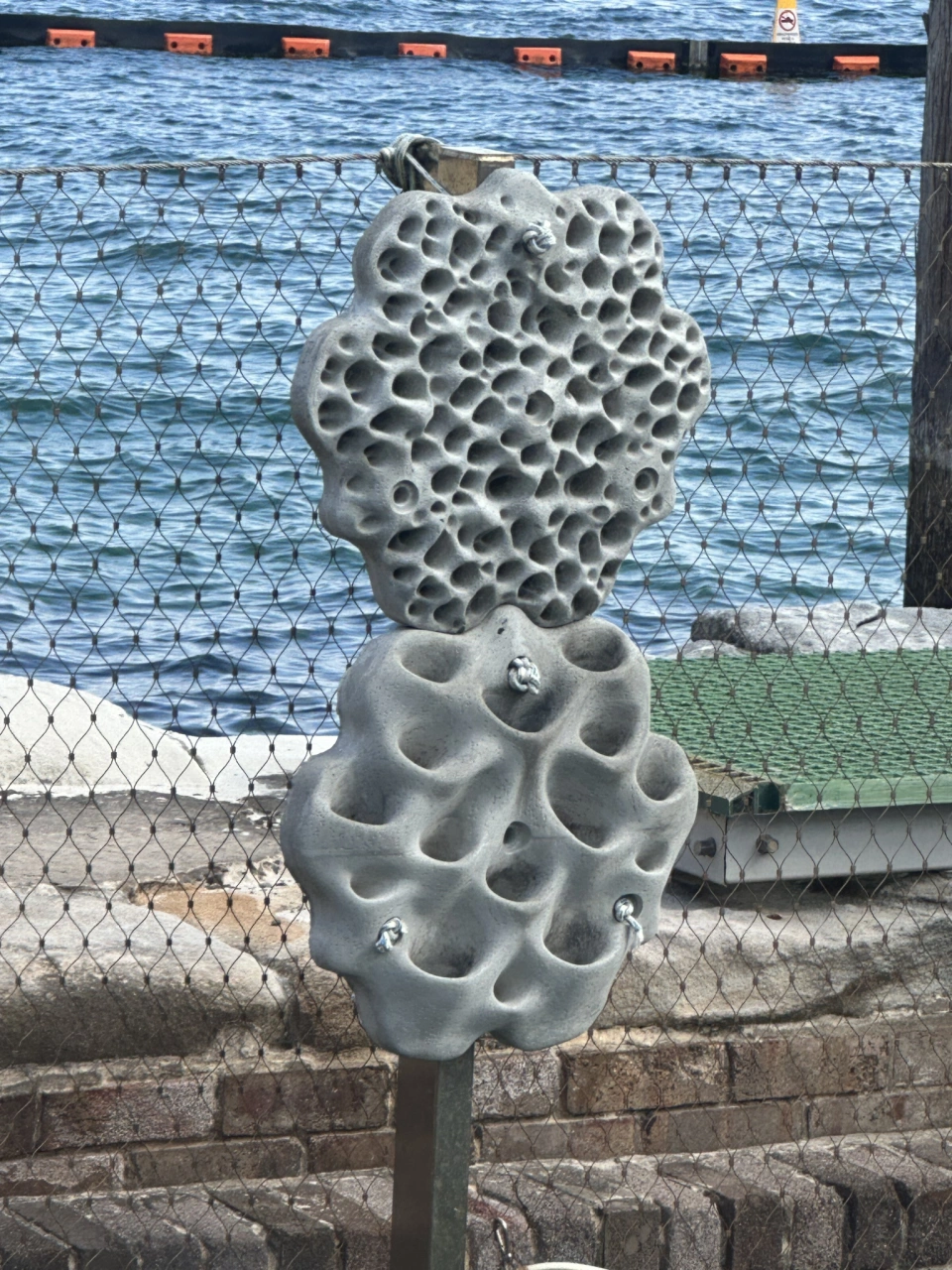How to nurture children's love of Nature
Mosman
Starting from scratch when they're at school. I have one granddaughter - we try and get her outside, to walk and enjoy what she's got. Her parents have already taken her camping and they spent the night out. She loved it, so hopefully that will keep on.
I think you can learn the love of Nature and that needs to come from the children and they need to get taught. And if they can't get taught by their parents, the only place is schools. I think it's important that schools try and implement that in their programs.
And they are to a degree, a lot of them are. Our local schools are. I see on programs like Gardening Australia, where a lot of the primary schools have now got these gardening groups, and the children are learning about growing crops, beautifying their school grounds.
I think if that can get carried through into their adulthood, there is a hope that they can, perhaps, reverse or adapt the Natural environment and the pressures of urbanisation on that environment - because that's the biggest pressure. So hopefully that will keep on.
This is spreading to places that aren't suitable for urbanisation and then that area gets destroyed like the flood plains.
And they’re still trying.

Margaret Woodforth
Starting from scratch when they're at school. I have one granddaughter - we try and get her outside, to walk and enjoy what she's got. Her parents have already taken her camping and they spent the night out. She loved it, so hopefully that will keep on.
I think you can learn the love of Nature and that needs to come from the children and they need to get taught. And if they can't get taught by their parents, the only place is schools. I think it's important that schools try and implement that in their programs.
And they are to a degree, a lot of them are. Our local schools are. I see on programs like Gardening Australia, where a lot of the primary schools have now got these gardening groups, and the children are learning about growing crops, beautifying their school grounds.
I think if that can get carried through into their adulthood, there is a hope that they can, perhaps, reverse or adapt the Natural environment and the pressures of urbanisation on that environment - because that's the biggest pressure. So hopefully that will keep on.
This is spreading to places that aren't suitable for urbanisation and then that area gets destroyed like the flood plains.
And they’re still trying.
You might like...

Sydney Harbour’s extraordinary marine biodiversity

Living Seawalls for Sydney Harbour

Restoring urchin barrens in Sydney Harbour

Sydney Harbour’s marine life makes a comeback
Newsletter
Sign up to keep in touch with articles, updates, events or news from Kuno, your platform for nature
